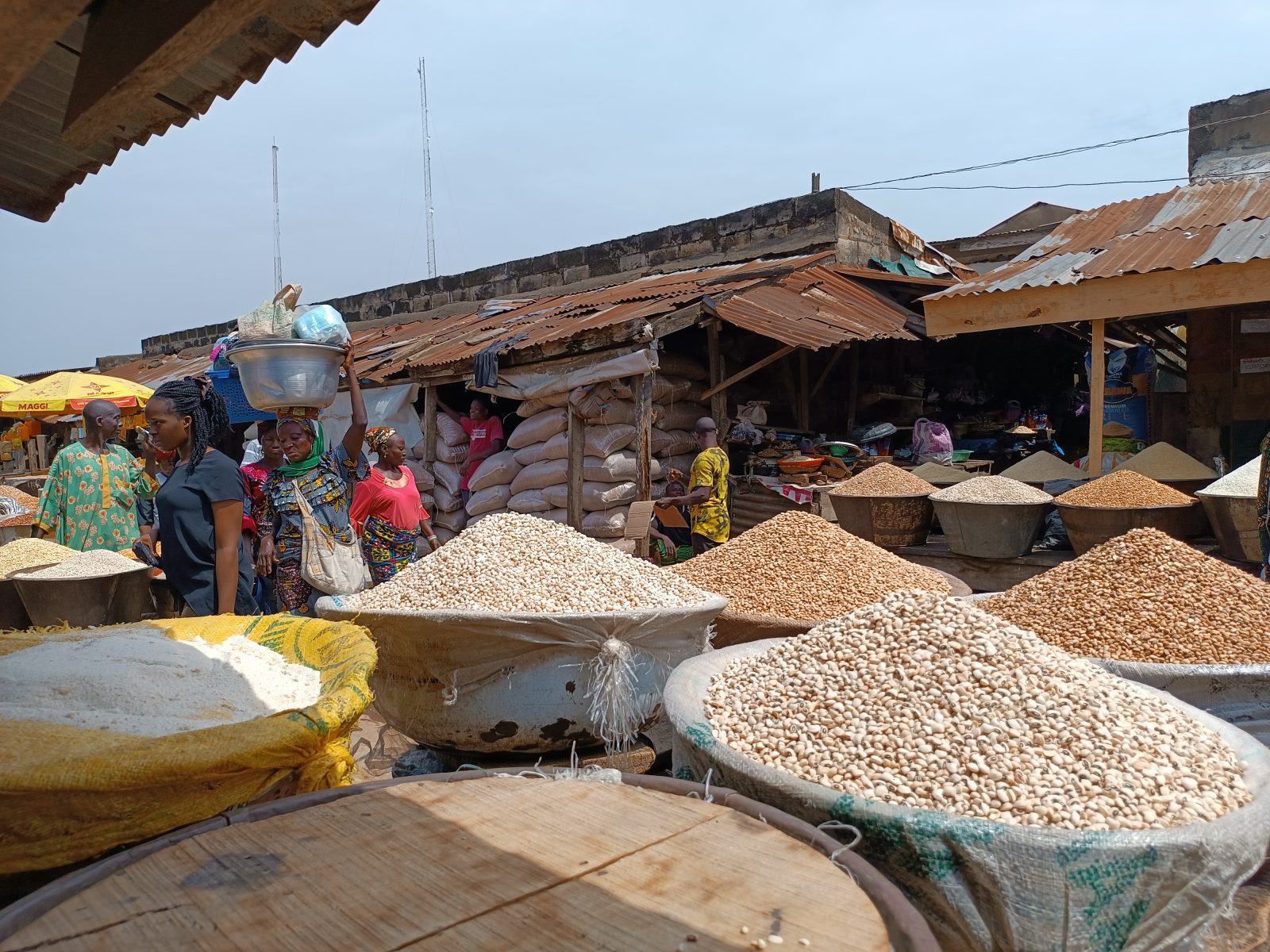
A report has projected that at least 33.1 million Nigerians will face a food and nutrition crisis between June and August 2025. This prediction was made in the October Cadre Harmonisé (CH) Report, released in Abuja on Friday.
The analysis conducted twice a year in 26 states and the federal capital, stated that 25 million people are already experiencing food insecurity. The report named Sokoto, Zamfara, Borno, Adamawa, and other northern and southern states affected areas, including 514,474 internally displaced persons (IDPs) in Borno, Sokoto, and Zamfara.
The CH analysis was conducted by the United Nations Food and Agriculture Organisation (FAO), the World Food Programme (WFP), the Federal Ministry of Agriculture and Food Security, and other partners.
FAO country representative Kouacou Koffy called for urgent and coordinated efforts to address food security issues in Nigeria. He pointed out that economic challenges, climate events such as floods and droughts, and insecurity are significant contributors to the crisis.
Balama Dauda, a CH representative for the National Programme on Food Security, noted that high food prices, flooding, and insecurity were critical drivers of the crisis. Economic challenges, high inflation, rising cost of living and increased transportation costs are other leading causes of the food crisis in Nigeria.
Temitope Fashedemi, permanent secretary of the agriculture ministry, pledged that the government would use the report’s findings to guide future food security programs. However, it is noted that economic hardship has worsened since President Bola Tinubu introduced measures that devalued the naira and ended the long-standing petrol subsidy, leading to higher inflation.
Economic decisions to strengthen the country in the long term, in the short term, have felt like a direct attack on people’s wallets, hitting hardest every time they try to buy food, Chi Lael, WFP Nigerian spokesperson, told Reuters.
High food prices have, in turn, been the main driver of inflation, which rose to 32.70 per cent in September from 32.15 per cent in August. Agriculture has been heavily impacted by flooding and insecurity in northern states, pushing food prices even higher. According to the joint statement, floods last month destroyed around 1.6 million hectares of crops, potentially leading to a loss of 1.1 million tonnes of maize, sorghum, and rice. These challenges weigh heavily on the standard of living of Nigerians.
Read More:
- #EndBadGovernance: Despite Public Outcry, Police Says Fainting By Minors in Court Were Staged
- Court Orders Final Forfeiture of $2 Million and Properties Linked to Former CBN Governor Emefiele
- Suspension of Uranium Production by French Firm Orano is Irrelevant — Niger Govt
About The Author
Related Articles
Cedi@60: Bank of Ghana Vows to Keep Currency Stable, Sustain Economic Stability
The Bank of Ghana (BoG) has reaffirmed its commitment to protecting the...
ByConfidence UbaniJuly 9, 2025Malian Court Jails Former Minister Cissoko Over Presidential Jet Scandal; Others Sentenced in Absentia
The Special Assize Court in Bamako has delivered its long-awaited verdict on...
ByOluwasegun SanusiJuly 9, 2025Ghana Sets Up Anti-Gold Smuggling Task Force to Recover Billions in Lost Revenue
Ghana has launched a national task force to combat gold smuggling and...
ByConfidence UbaniJuly 9, 2025Nigerians Demand Transparency Over Withheld Signed Tax Laws Under Tinubu Following ₦5 Million Bank Reporting Rule
Weeks after President Bola Tinubu signed four major tax reform bills into...
ByMayowa DurosinmiJuly 9, 2025













Leave a comment